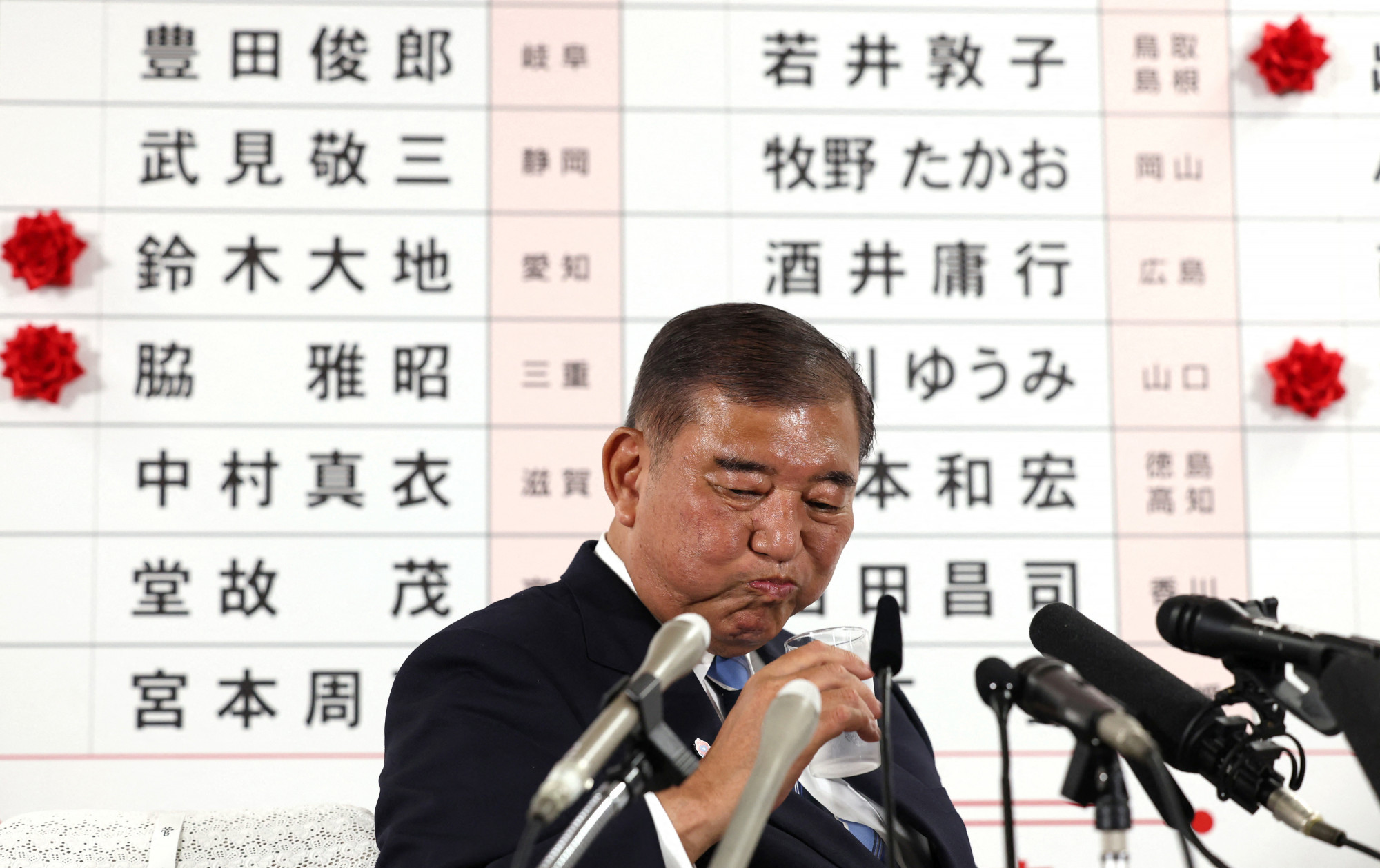Japan's ruling coalition is expected to lose its majority in the upper house, exit polls showed after Sunday's election. While the vote does not directly decide the fate of the prime minister, the result puts serious pressure on Prime Minister Ishiba Shigeru, whose party already lost control of the lower house in last October's election.
The ruling Liberal Democratic Party (LDP) and its partner Komeito would need at least 50 seats to form a majority in the upper house. However, public broadcaster NHK has predicted they could win only 32-51 seats, while other channels are predicting 41-43 seats. If the coalition's number of seats falls below 46, it would be their worst result since 1999.
The election defeat also tests the LDP's long-promoted fiscal austerity. Opposition parties have pledged tax cuts and more social spending in the wake of inflation and rising food prices, particularly rice, which have resonated with voters.

The radical right-wing Sanseito party, which started a few years ago on YouTube with conspiracy theories, could surprisingly win up to 15 seats. The party's anti-xenophobic slogans have resonated mainly with young, frustrated voters.
The election is also fueling tensions over tariff negotiations with the United States. Japan has until August 1 to reach an agreement with the US or face serious trade consequences.
Prime Minister Ishiba said after the vote that he accepted the"hard result" "seriously and humbly" and confirmed his intention to remain in office. He said the main goal now was to protect national interests in the US negotiations.

